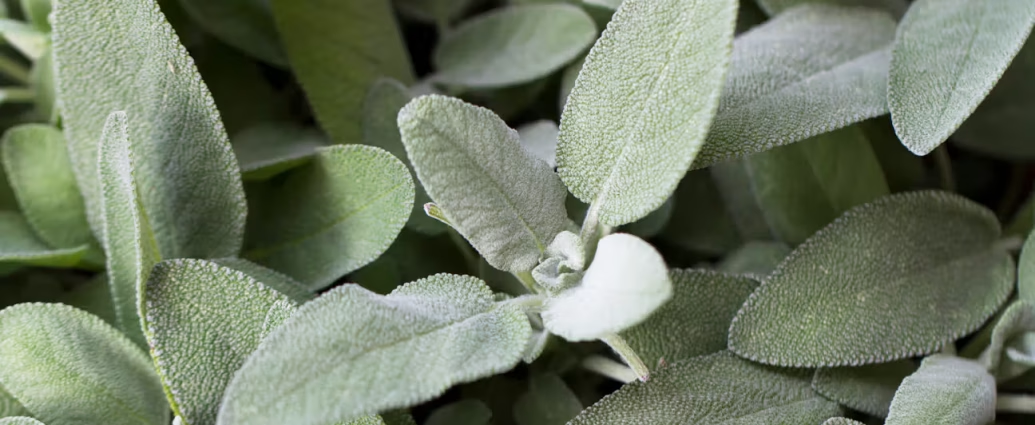Salvia (Sage) is a medicinal plant known since ancient times and whose effects are especially interesting for women’s health and well-being. Its name means health and saving, salus and salvare in Latin, and is an aromatic plant of the Lamiaceae family that is used in both phytotherapy and gardening, cooking, perfumery, and cosmetics.
Many varieties of salvia can be found in Mediterranean countries, been used already in antiquity to cure ulcerations and increase memory, among other healing uses. Then let’s tell you the main benefits of salvia and highlights. Pay attention.
Properties of The Salvia
All varieties of salvia have a complex chemical composition in which monoterpenes and sesquiterpenes are not lacking as elements of their essential oils, diterpenes, triterpenes, and phenolic compounds such as flavonoids and phenolic acids. Compounds that give you a wide variety of properties. Thus, salvia has antiseptic and anti-inflammatory properties, it is digestive and antidiaphoretic or anti-hydrotic.
Also, some species such as Salvia fruticosa are used as flavorings thanks to ketones such as α-thujone, ß-thujone, camphor, cineole, and free and esterified borneol. The presence of yours causes their use in feeding to have limits on the amount, always having to be less than 0.5 mg per kilo.
Relieves Gynaecological Problems
Known as the woman’s plant, salvia has been used as a traditional natural remedy to deal with gynecological disorders, especially those associated with menopause. Thermoregulatory properties of the salvia calm symptoms such as hot flashes and sweating typical of menopause and are associated with estrogen deficiency.
On the other hand, salvia also favors the generation of estrogens, as well as calming the discomfort and pains typical of menstruation.
It’s a powerful anti-inflammatory
salvia has been used since ancient times to treat oral and throat inflammations such as gingivitis or pharyngitis, something for which the European Medicines Agency (EMA) still recommends. Its anti-inflammatory action is also applied for muscle pain relief.
Helps have better digestion
Salvia also improves digestion, helping to remove acidity and abdominal swelling, as well as pains caused by a hernia of hiatus or gastritis. It is a remedy to consider in case of vomiting, flatulence, indigestion and even to stop diarrhea when it is astringent.
It’s an appetite stimulant.
Salvia has a revitalizing effect, providing energy stimulating appetite, and combating the effects of asthenia.
Helps lower the blood glycemic level
Being hypoglycaemic, salvia helps reduce blood sugar levels, being a supplement to the medication.
It has a toning effect on the nervous system
Salvia is ideal for raising the mood and overcoming states of apathy and general tiredness.
It is a good antiseptic and antibiotic, being also rich in antioxidants
Being a good antiseptic, salvia can help when it comes to disinfecting, scarring the skin, and strengthening the hair. It also strengthens the immune system, destroys bacteria, as well as having scarring effects, and provides health to the skin thanks to its antioxidants.
Contraindications of Salvia:
In addition to having many properties, it is important to keep in mind some contraindications. Thus, it is not recommended to be consumed by people who have allergies, epilepsy, or kidney problems, in addition to not being salvia, and not appropriate during pregnancy or lactation. Salvia oil cannot be ingested as it can be toxic.
